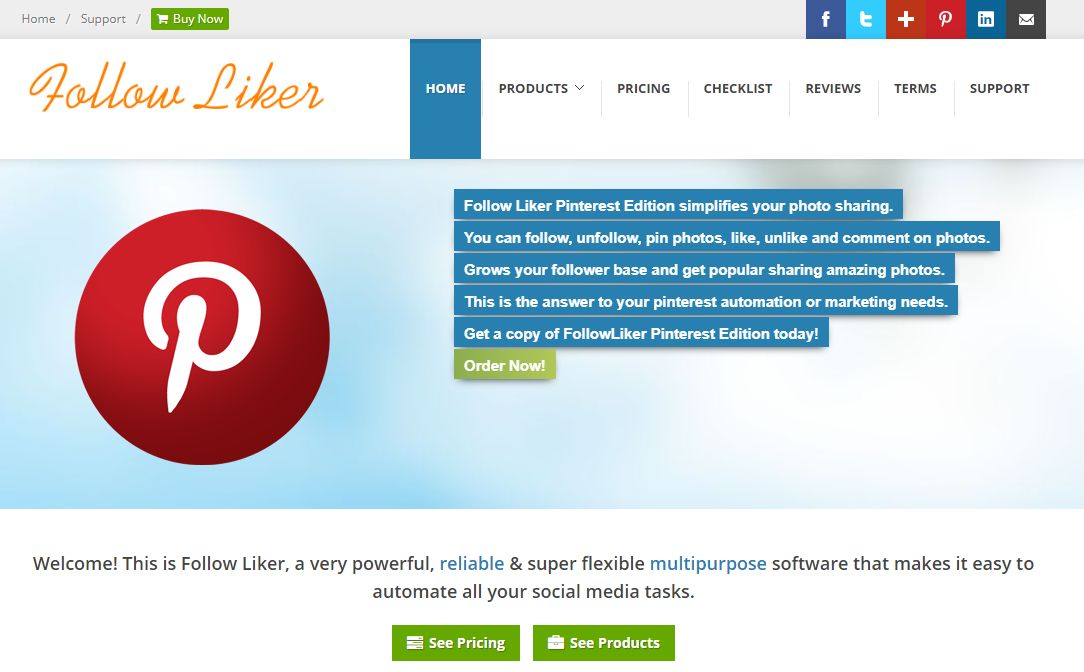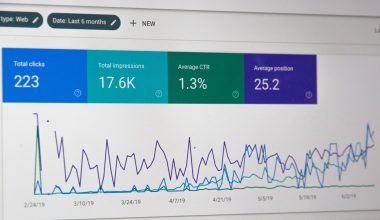For many individuals and businesses venturing into the world of websites, selecting a suitable web hosting plan is one of the first critical decisions. Among the array of options available today, Fixed Web Hosting Plans stand out for their simplicity, reliability, and predictability. These plans can offer peace of mind and stable performance for users who know their hosting requirements and value cost transparency over scalability. In this article, we’ll take a closer look at fixed web hosting plans to help you determine whether this approach is right for your website needs.
What Are Fixed Web Hosting Plans?
Fixed hosting plans are hosting packages that come with predefined resources such as storage, bandwidth, number of websites allowed, and email accounts. Unlike scalable or cloud-based solutions that dynamically adjust to changing demands, fixed plans offer pre-set limits which do not change unless you upgrade to a different plan. This clear structure makes them particularly attractive to beginners and small to medium-sized businesses.
Here are the typical components provided in a fixed web hosting plan:
- Disk Space: A defined storage limit for your website files, databases, and emails.
- Bandwidth: Monthly data transfer limit through your site.
- Domains: Some plans allow hosting of one or multiple domain names.
- Email Accounts: Fixed number of professional email inboxes.
- Control Panel Access: Usually cPanel or a proprietary interface for managing the hosting environment.
Benefits of Fixed Web Hosting Plans
Fixed web hosting plans come with several strong advantages, especially for users who prioritize stability and cost control.
- Predictable Pricing: Fixed plans usually operate on a monthly or annual fee with no surprise charges, making them easier to budget.
- Simple to Understand: These plans are straightforward, making them ideal for individuals or small businesses without in-house IT expertise.
- Stable Resource Allocation: Your site is guaranteed a specific amount of server resources, ensuring consistent performance.
- Faster Setup: With predefined features, accounts can usually be activated quickly.

Types of Fixed Web Hosting
When talking about fixed hosting, it’s important to understand the different subcategories. Fixed plans can apply to a variety of hosting types, each with unique characteristics.
- Shared Hosting: The most common and economical type, where multiple websites are stored on a single server. Fixed shared plans are great for small websites or blogs.
- VPS Hosting: Virtual Private Servers offer more control and dedicated resources. Fixed VPS plans appeal to users who need more power but still want a predictable structure.
- Dedicated Hosting: Your website resides on its own server. Fixed dedicated plans are typically used by high-traffic websites or applications requiring a private environment.
Each of these offers different levels of performance and control, but they all follow the fixed-plan structure in terms of resource limitations and pricing models.
When Is a Fixed Plan the Right Choice?
Fixed web hosting plans are ideal in several use case scenarios. Below are a few examples where choosing a fixed plan can be both practical and strategic:
- Small Business Websites: Most small businesses only need a simple website with moderate traffic and fixed resource requirements.
- Personal Blogs and Portfolios: Bloggers and freelancers often benefit from fixed setups because of their simplicity and low cost.
- Startup Projects: For new ventures testing the waters online, a fixed hosting plan can provide a reliable launching pad.
- Static Websites: If your site is primarily informational and doesn’t serve high volumes of dynamic content, a fixed plan is more than sufficient.
Potential Limitations to Be Aware Of
While there are many benefits to fixed web hosting plans, they are not suitable for every type of user or project. It’s essential to understand the constraints to make an informed choice.
- Scalability Issues: Fixed plans are not designed for rapid growth. If your site outgrows its limits, you may need to migrate or upgrade.
- Overage Fees or Downtime: Exceeding the fixed limits can lead to surcharges or website shutdowns depending on the provider’s policy.
- Limited Customization: Particularly true on shared or managed plans, where server-level control is restricted.
For highly dynamic or quickly scaling websites, such as eCommerce stores or media platforms experiencing unpredictable spikes in traffic, a fixed plan may not be the best option.
Considerations When Choosing a Fixed Hosting Provider
Not all hosting providers structure their fixed plans in the same way. It’s important to evaluate a few key aspects before selecting your host:
- Uptime Guarantees: Look for hosts offering 99.9% uptime or higher with reputations for reliable service.
- Support Quality: Test out or investigate the quality of customer support, particularly for technical issues.
- Performance Reviews: Server speed and response rates can vary significantly between providers.
- Backup Options: Regular backups should be included to safeguard your content.
- Terms of Service & Fair Use: Some hosts enforce hidden caps or throttling beyond the visible specifications.

Alternatives to Fixed Hosting
In recent years, the rise of cloud hosting and other flexible infrastructure options has given users more alternatives to traditional fixed hosting plans. The most common alternatives include:
- Cloud Hosting: Offers scalable resource allocation and pay-as-you-go pricing models.
- Managed WordPress Hosting: Optimized specifically for WordPress websites with performance and security enhancements.
- Elastic VPS: VPS hosting with adaptive capabilities to adjust resources based on traffic volume.
These options can offer more advanced features but often come with a steeper learning curve and potentially higher ongoing costs. It boils down to a trade-off between predictability and flexibility.
Final Thoughts
Fixed web hosting plans remain a fundamental part of the hosting ecosystem and continue to meet the needs of millions of website owners globally. Their simplicity, affordability, and consistency make them well-suited for many use cases, particularly when resource requirements are known and relatively stable. While they may not be appropriate for every project—especially those needing rapid scalability or extensive customizations—they are an excellent starting point for a vast number of users.
Before you commit, consider not only your current needs but also where your website might be six months or a year down the line. A fixed plan can serve your needs perfectly—but the best choice is always one informed by careful evaluation and foresight.





